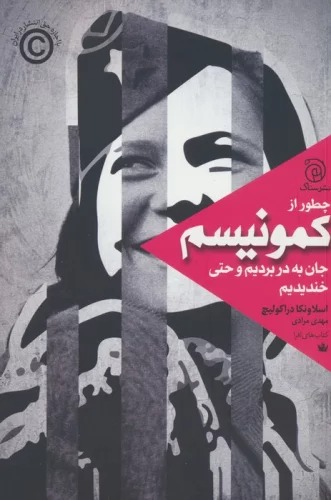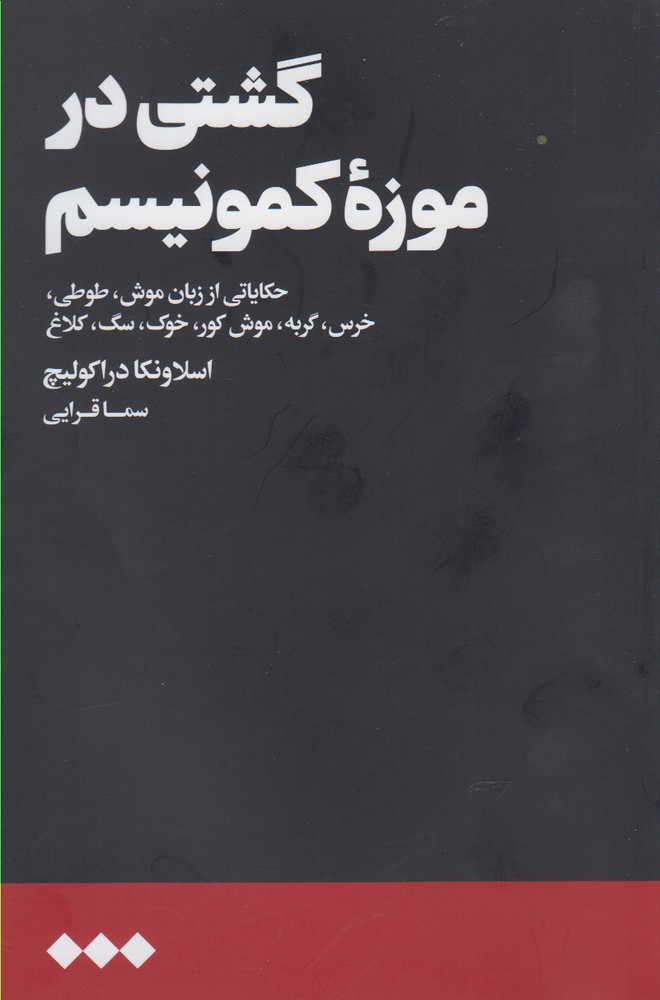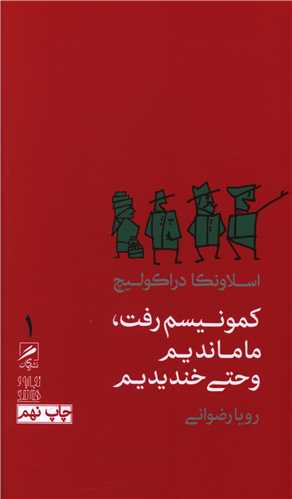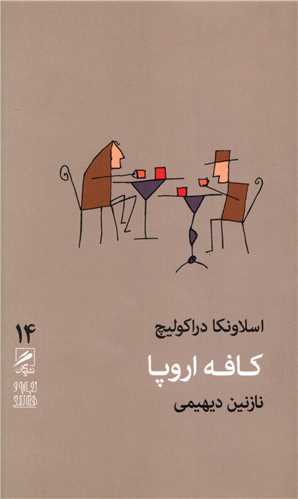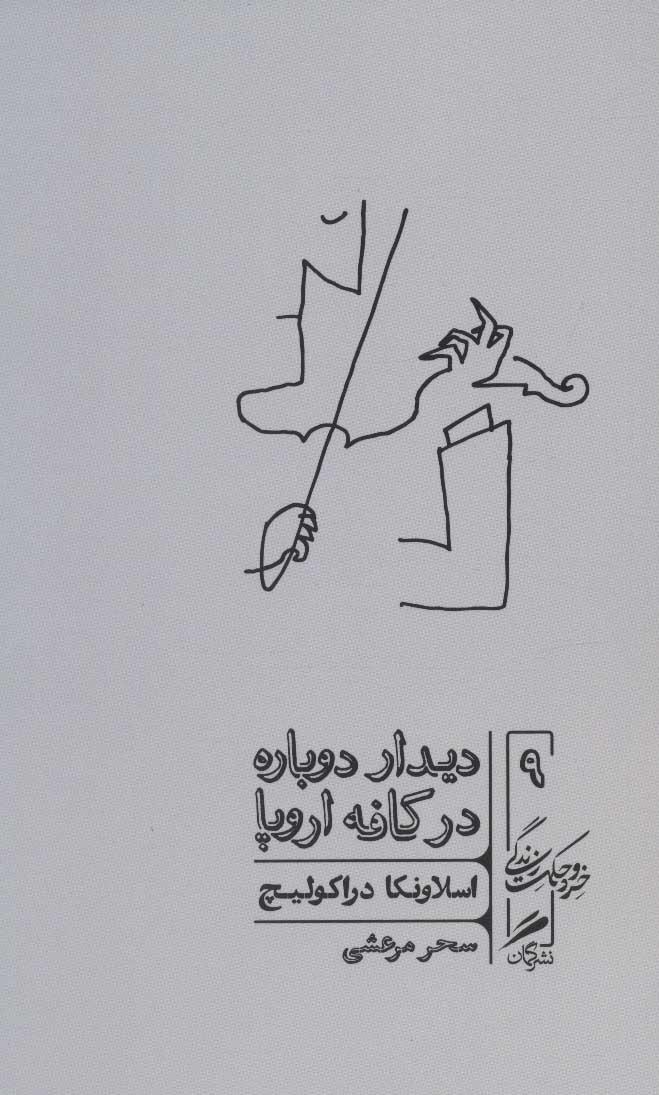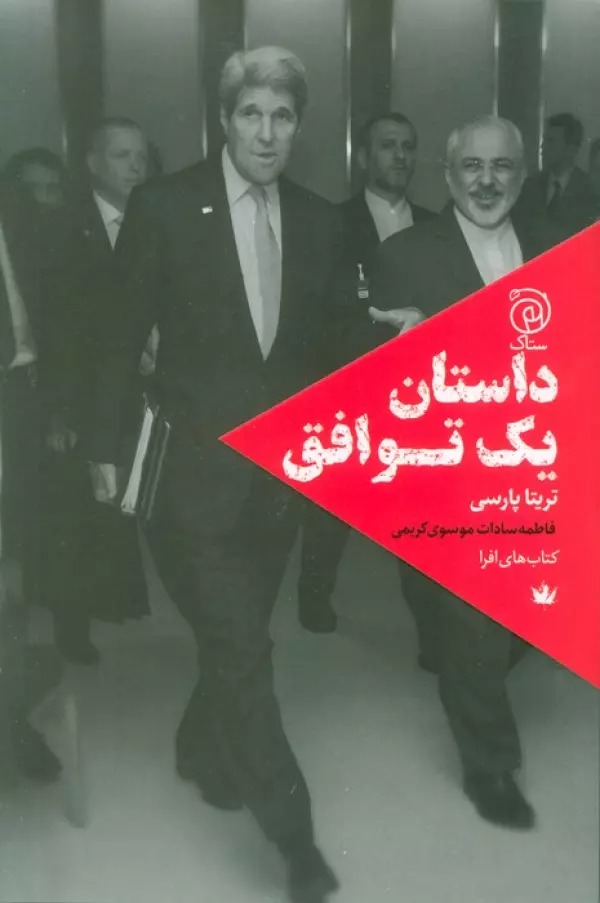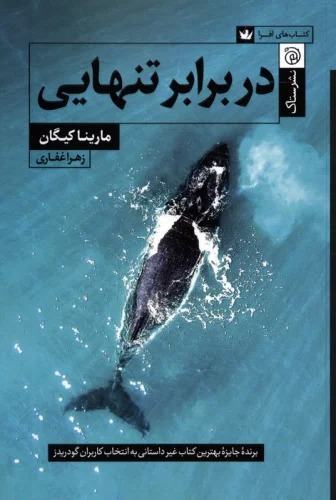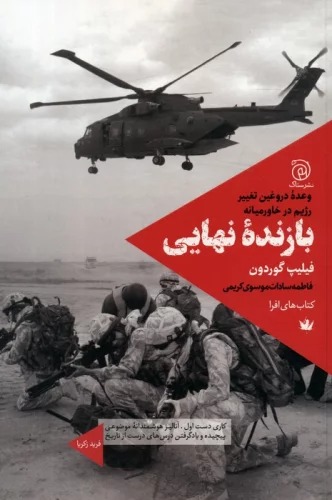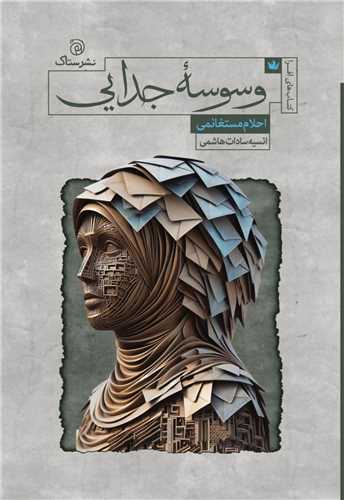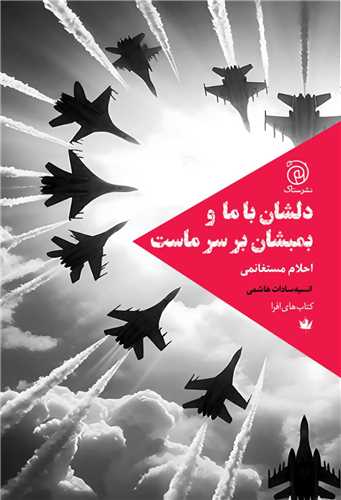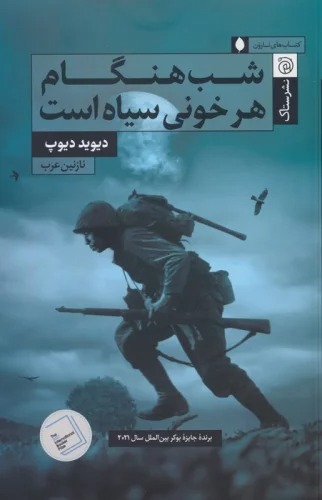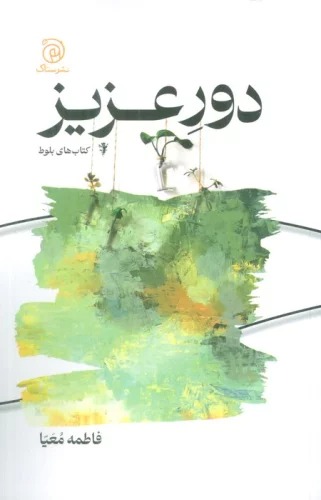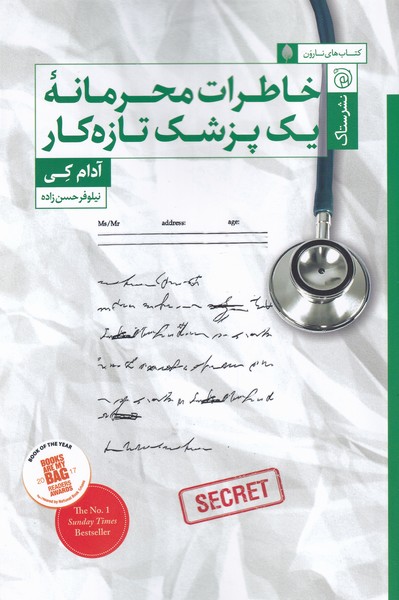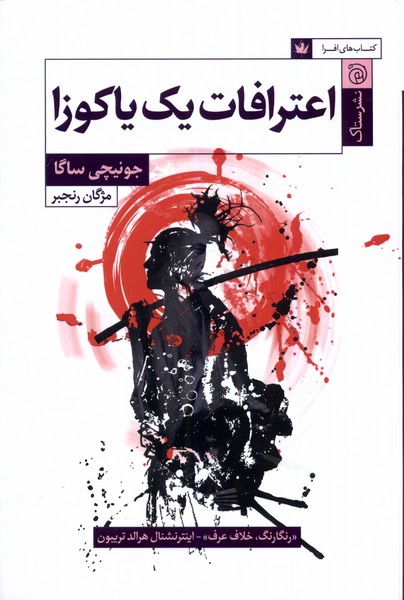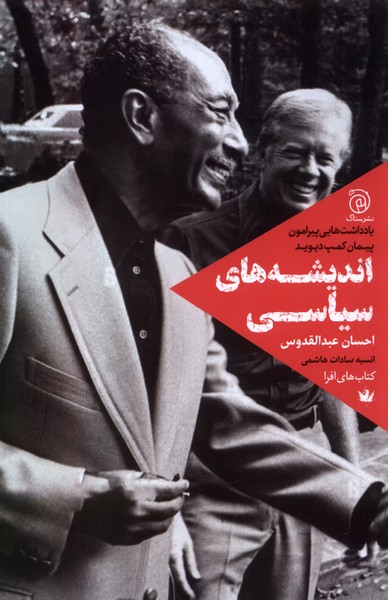Chiṭur az Kumunīsm Jān bah dar Burdīm va Ḥatā Khandīdīm: Persian 1402
چطور از کمونیسم جان به در بردیم و حتی خندیدیم
187 SEK
Share
Wishlist
ISBN:
9786008883463
Translator:
Mahdī Murādī
Publisher:
Sitak
Age Group:
Adult
Pages:
212
Weight:
233 g
Dimensions:
14 x 21 x 1.9 cm
Book Cover:
Paperback
Hailed by feminists and scholars as one of the most important contributions to women's studies in recent decades, Slavenka Drakulic’s gripping, beautifully written account—newly reissued in paperback—describes the daily struggles of women under the Marxist regime in the former republic of Yugoslavia.
In this provocative, acutely observed essay collection, renowned journalist, novelist, and non-fiction writer Slavenka Drakulic writes with wit and heart about her experiences under communism—as well as those of other Eastern Europeans, primarily women, who lived and suffered behind the Iron Curtain. A portrayal of the reality behind the rhetoric, her essays also chronicle the consequences of these regimes: The Berlin Wall may have fallen, but ideology cannot be dismantled so quickly, and a lifetime lived in fear cannot be so easily forgotten.
Many of the pieces focus on the intense connection Drakulic discovers between material things and the expression of one’s spirit, individuality, and femininity—an inevitable byproduct of a lifestyle that, through its rejection of capitalism and commoditization, ends up fetishizing both. She describes the moment one man was able, for the first time in his life, to eat a banana: He gobbled it down, skin and all, enthralled by its texture. Drakulic herself marvels at finding fresh strawberries in N.Y.C. in December, and the feel of the quality of the paper in an issue of Vogue.
As Drakulic delves into the particular hardships facing women—who are not merely the victims of sexism, but of regimes that prevent them from having even the most basic material means by which to express themselves—she describes the desperate lengths to which they would go to find cosmetics or clothes that made them feel feminine in a society where such a feeling was regarded as a bourgeois affectation. There is small room for privacy in communal housing, and the banishment of many time-saving devices, combined with a focus on manual labor, meant women were slaves to domestic responsibility in a way that their Western peers would find unfathomable. From this vantage point, she provides a pointed critique of Western feminism as a movement borne out of privilege.
How We Survived Communism and Even Laughed is a compelling, brilliant account of what it was really like to live under Communist rule and its inevitable repercussions.
more
در این کتاب به عنوان یکی از مهمترین مطالعات زنان در دهه ی نود میلادی، اسلاونکا دراکولیچ مبارزات روزانه زنان تحت رژیم مارکسیستی در جمهوری یوگسلاوی سابق را شرح می دهد. دراکولیچ روزنامه نگار و رمان نویس با شوخ طبعی و همدلی درباره تجربیات خود و سایر زنان کشور های اروپای شرقی در دوران کمونیسم که پشت این پرده ی آهنی زندگی می کردند و رنج می کشیدند می نویسد . مقالات او همانند پرتره ای از واقعیت در پس لفاظی ها، عواقب این رژیم ها را نیز شرح می دهند: ممکن است دیوار برلین سقوط کرده باشد ، اما ایدئولوژی آن نمی تواند به سرعت از بین برود و زنگی سپری شده با ترس به این راحتی فراموش نخواهد شد. اثر بر رابطه ی شدیدی که دراکولویچ میان اشیاء مادی با روح، زنانگی و فردیت کشف کرده است متمرکز است.او این رابطه را نتیجه ای اجتناب ناپذیر از یک سبک زندگی مشخص می داند سبکی که سرمایه داری و کالای شدن را انکار می کند اما علی رغم آن در نهایت نتیجه ی این سبک زندگی ترکیبی از این دو است. او به بررسی سختی هایی که زنان با آن روبرو هستند می پردازد و به رژیمی که به زنان اجازه دستیابی به اساسی ترین مواد که به آنها این امکان را می دهد که زنانگی خود را ابراز کنند را نمی دهد. به بهانه ی بورژایی بودن حتی اجازه نمی دهد آن مدل لباس هایی را که به آنها احساس زن بودن را می دهد بپوشند. در این کتاب می خوانیم "من سفر کردم تا این تغییرات بعد از انقلاب را از نزدیک خصوصا در زندگی زنان کشورهای مختلف ببینم. من با زنان در آشپزخانه هایشان نشستم و آنها از زندگی شان، از بچه هایشان و از مردانشان برایم حرف زدند و من دیدم طرح کلی زندگی هامان تقریبا عین هم است. ما زن ها چشم انداز مشترکی در زندگی داشتیم که با چشم انداز مردها متفاوت بود. ما از پایین به مسائل نگاه می کردیم و چشم اندازمان ساده و پیش پا افتاده بود...".
more

